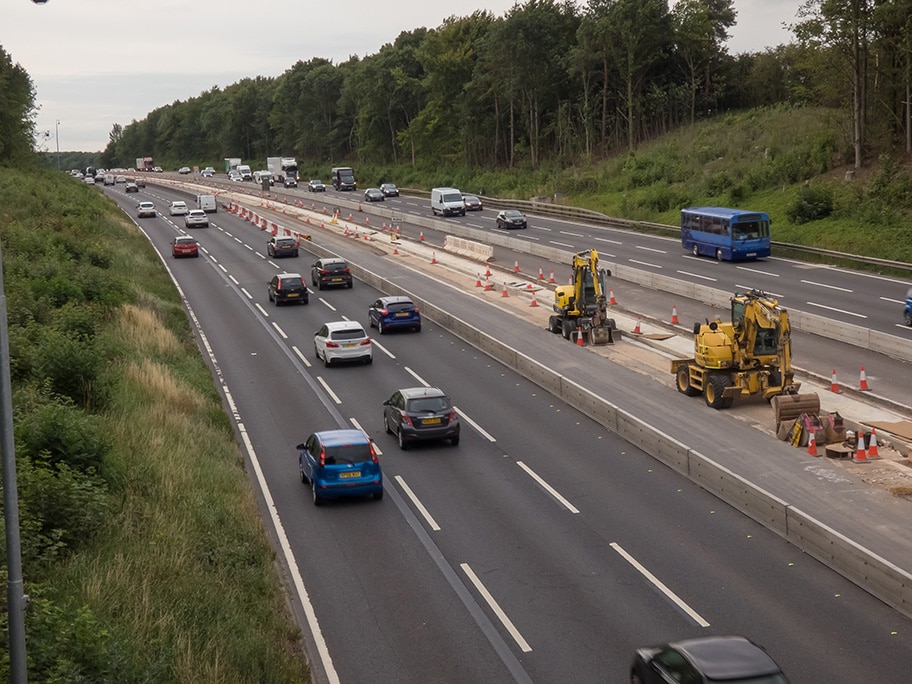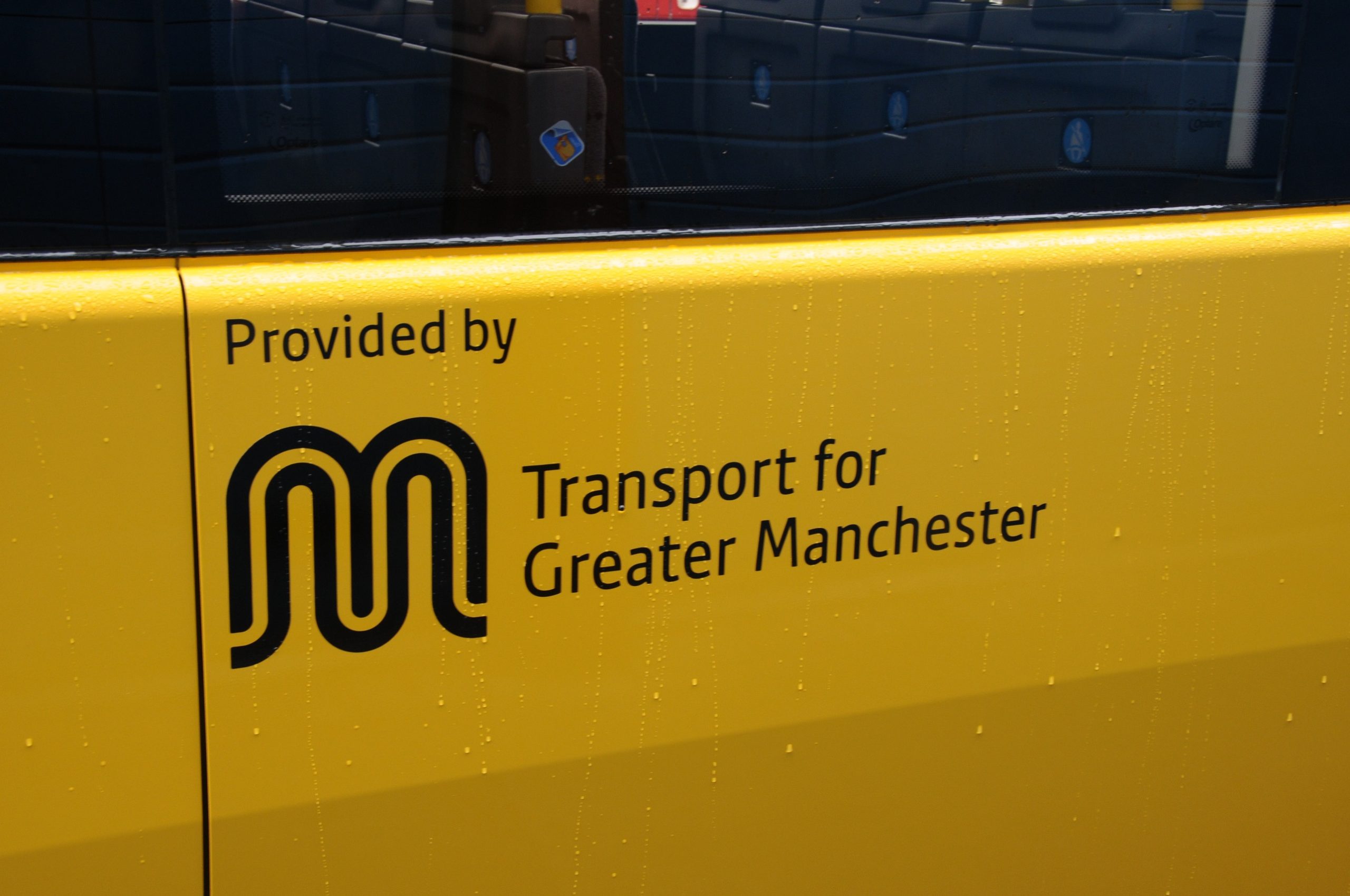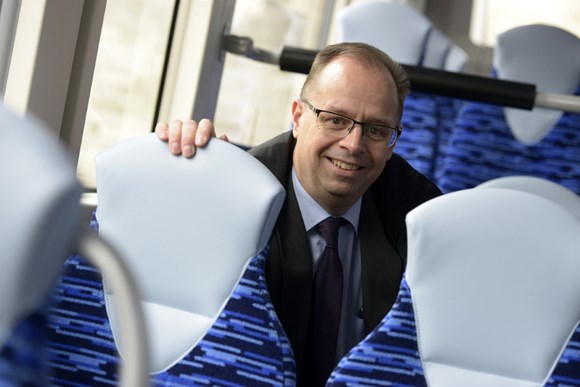RHA has embraced the government’s announcement yesterday that plans for the building of new smart motorways would be scrapped.
The Department for Transport (DfT) cited cost concerns and lack of public confidence in its decision to ditch 11 already paused schemes and three further earmarked constructions.
The controversial style of road, which makes up around 10% of the UK motorway network, has seen hard shoulders converted to live lanes. Campaigners say all-lane-running (ALR) motorways have led to fatal accidents when drivers ignore the digital “red x” signs used in the event of incidents.
On 12 January, DfT had announced the pausing of existing schemes for new ALR smart motorways pending a safety review.
The government and National Highways will continue to invest £900 million in safety improvements on existing smart motorways, including stopped-vehicle detection technology on every ALR motorway, an additional 150 emergency areas across the network by 2025 and on giving driver guidance.
RHA, which had previously campaigned for a safety analysis on smart motorways, says it welcomes the latest move and the commitment to improve safety on existing routes. The trade body, which has coach operators among its membership, supports better awareness of how to use this type of road safely.
RHA Executive Director of Communications Rod McKenzie says: “Our concern now is what to do with the money saved. We need to look at ways of expanding the capacity of the motorway network and increasing journey efficiency for lorries and coaches.
“Our roads are in need of some serious investment and we will be working with ministers to ensure infrastructure projects are properly devised, planned and constructed.”
Richard Bamber, Managing Partner of Anthony’s Travel of Runcorn, thinks the government has made the right decision, even though he can see some benefits to smart motorways in principle.
“I’m not saying to totally rule them out, but I think it’s the correct decision to take time to reflect on the data that they’ve now got since they’ve introduced them,” he says. “I’m not against smart motorways, but I think there needs to be a review of how many safe stopping points we need.
“I don’t think you need to have complete hard shoulders all the way around the motorway network, but I think you need quite a considerable number of stopping points, whatever that interval may be.”
“The approach of smart motorways was, I think, purely a cost-saving method by using the existing hard shoulder to save building another lane. Now they’re seeing there are safety concerns. It’s fine for people to say they would be okay if a driver drove correctly and observed the signs, but there is always that possibility of human error.”
Among his concerns is the safe unloading of passengers, particularly wheelchair users, on motorways without a hard shoulder.
Chris Shelford, Managing Director of Ridgeway Training, which supplies Driver Certificate of Professional Competence courses, believes the emphases should be on better driver education, including on lane discipline.
“The extra lane is a great idea,” he says. “Around Birmingham, for example, it’s a hard shoulder most of the time and then, when the traffic gets quite bad they open it up for the next junction. I think that option to have part-time hard-shoulder use would be a good idea.”



























